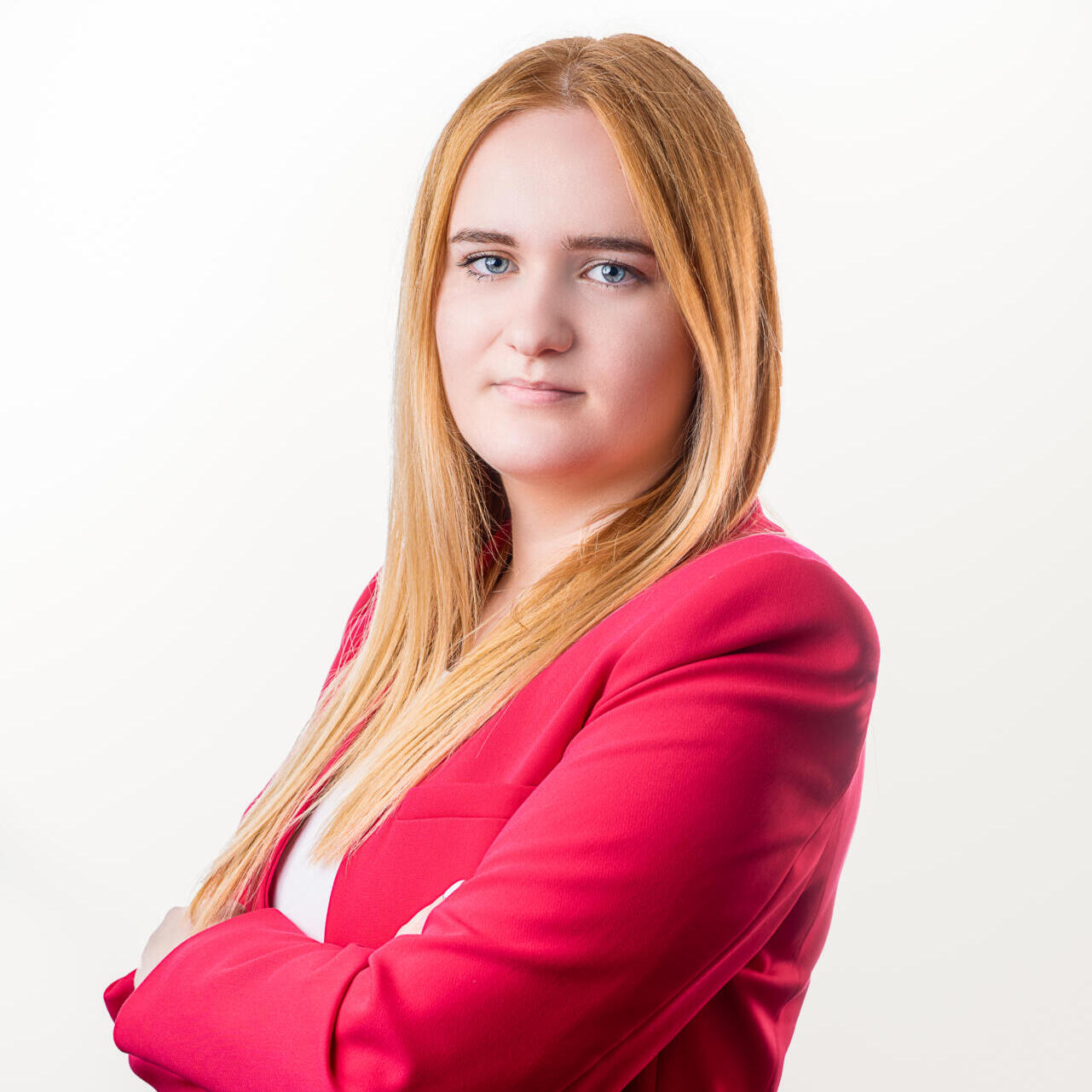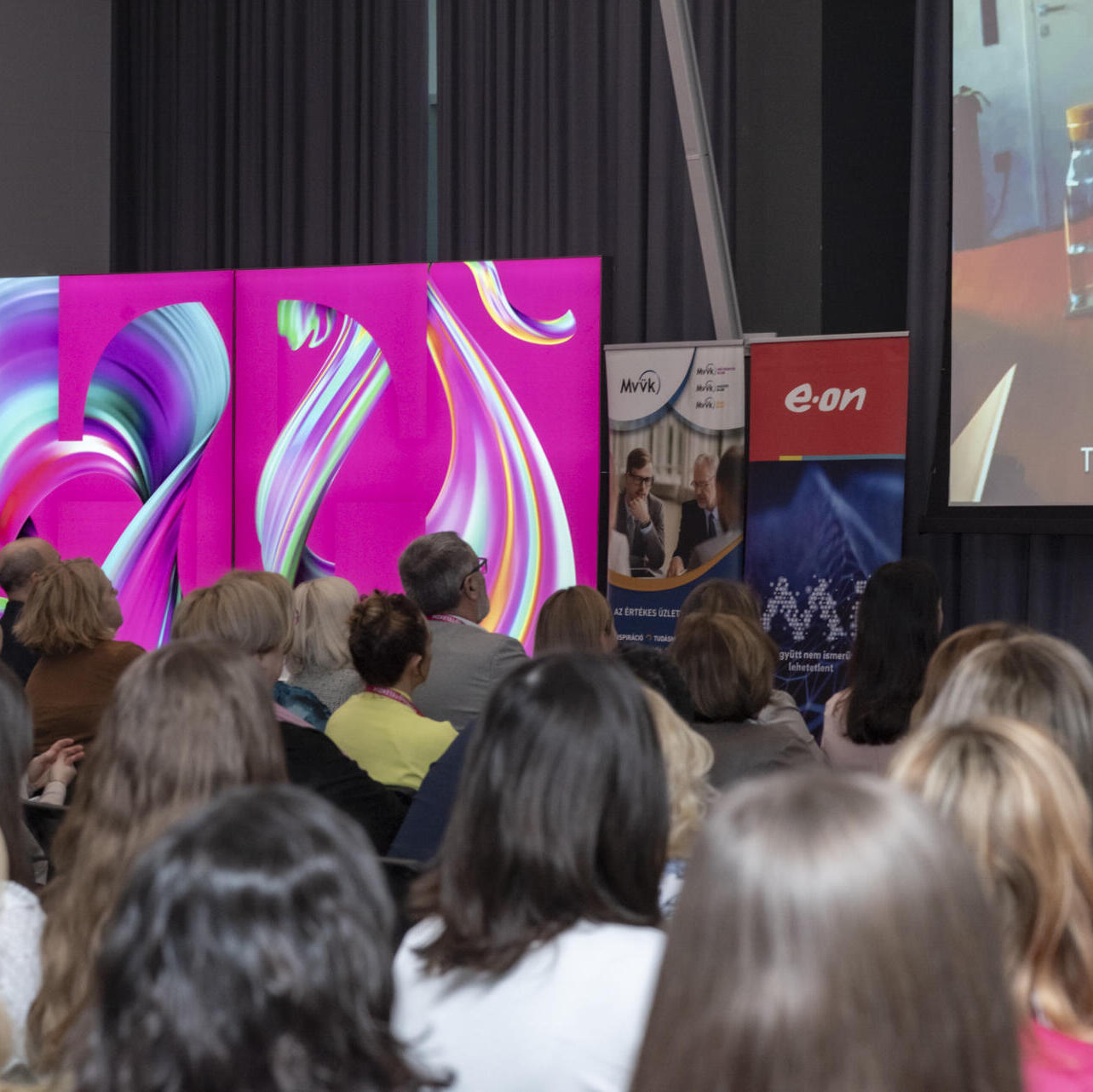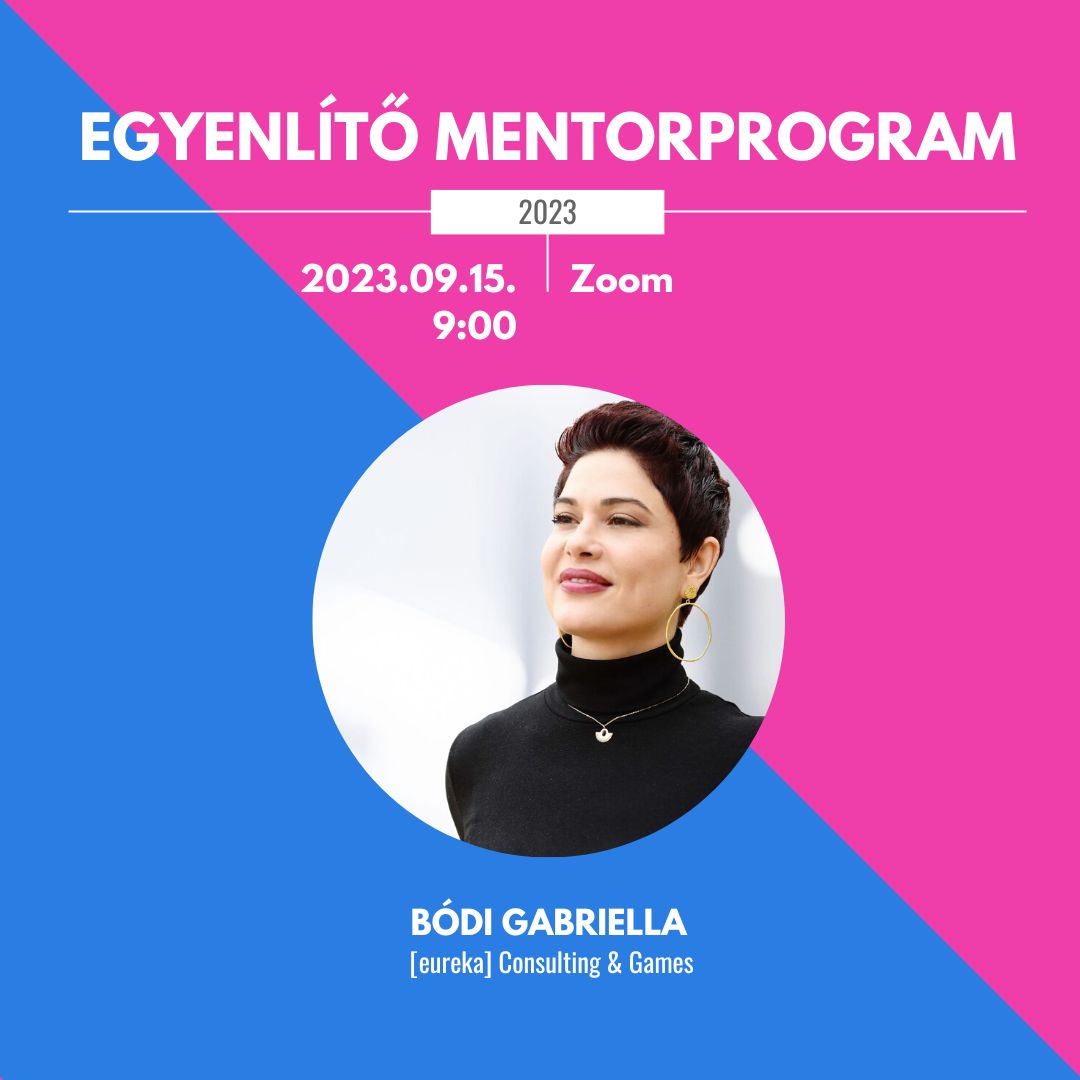The need for more representation of women in politics is undeniable . Women’s leadership and decision-making positions are the true indicators of democracy. In 2021, a slight increase emerged in women’s political representation. For example, more women became the Head of State and Government in 2021 compared to 2020. However, the numbers are far from ideal.
In light of International Women’s Day and the upcoming Hungarian general elections, I find it very important to remember all of those powerful women in politics who have achieved shifts for providing more representation and opportunities for other women. These remarkable women have set an example for future generations to follow their path and step into politics. As a glimmer of hope and a tiny inspiration, here are the most powerful women in international politics:
Angela Merkel became the first woman chancellor of Germany in 2005. After several successful elections, in 2021 she decided to leave the political podium. As the head of the Christian Democratic Party, Angela Merkel was questioned several times regarding her views about feminism. She did not declare herself as a feminist only at the end of her governance. However, Angela Merkel had achieved more regarding equality than all previous chancellors altogether. In 2015, both parents could share or split 36 months of paid leave after birth or adoption until the age of eight. This policy resulted positively in the parental leave of men, which increased from 3 percent in 2009 to 36 percent in 2015. By 2018 the percentage of women who were paid labor engagement had risen to 12 percent. Angela Merkel has not only fought for gender equality on the national level, but she also raised discussions regarding unequal wages at the European level. In one of her last interviews, Merkel admitted her devotion to feminism: „Essentially, it’s about the fact that men and women are equal, in the sense of participation in society and in life in general. And in that sense, I can say: ‘Yes, I’m a feminist.’” After the Merkel era, we see numerous women politicians such as the Foreign Minister from the Green Party, Annalena Bearbock, or Ines Haertel, who became the first Eastern German woman to have a seat at the Federal Constitutional Court in 2020. These women will likely continue to inspire other women.
Continuing the list of successful women at the local level, one of the greatest gender-related achievements in Hungary was done by Slachta Margit. Slachta Margit was the first woman representative in the Hungarian parliament. Her political affiliations were concerning social and political rights. Under her political career, women had the right to vote under the condition of national language knowledge and literacy. Slachta Margit devoted her political career to women’s rights. From this deliberation she established the Christian Woman Camp (Keresztény Női Tábor). Her main program concentrated on emancipation rights. During the Second World War and the aftermath of other political conflicts she could not maintain the existence of the party. She emigrated to Austria and to the United States later on.
Ada Colau is the current Mayor of Barcelona. She is the first woman Mayor of the city. The Mayor highlighted the local and international importance of gender equality. Since she became Mayor in 2015, her political views have concentrated on gender- and LGTBI-related challenges. Colau states that: “We need to bring feminist policies to all spheres of government, from the budget to urban planning, to cultural policies to achieve parity in programming”. Colau states that it is very important to reflect on invisible work and gender-based violence with special regard that under the COVID-19 Pandemic, gender-based violence and invisible work have doubled.
Ruth Bader Ginsburg was the second member of the US Supreme Court. Before her judgeship, she was a civil rights litigator in the 1970s where she won many cases regarding gender discrimination. In her cases, the most important strategy was the implementation of gender discrimination instead of sex discrimination. In her strategies, she attempted to pressure the all-make Supreme Court about gender stereotypes throughout men-related discriminatory factors. These cases later became precedents to other cases that changed the wave of gender equality positively. She achieved the creation of several gender equality-related laws. For example, she forced the Pregnancy Discrimination Act, which does not allow employers to discriminate against their employees because of their reproductive and gender rights. In 1996, state schools segregated women from co-ed school systems. In the case of United States v. Virginia, the court allowed women to join the same school program as men did. Ginsburg also fought for the social security rights of men and jury seats for women counterparts. In 2009, she added in USA Today that: “Women belong in all places where decisions are being made. It shouldn’t be that women are the exception”.
All the four successful women, in accordance with their own abilities, created a massive change in national and international politics. But these names are not the only ones that can be mentioned here. There are many successful women in the world whose stories have not been told yet and there are many changes that should be made towards gender equality. But it is just the beginning, and it will continue. I want to wish with these closing remarks an empowering and inspirational happy International Women’s Day to all our readers.
If you liked the article, here are some book and film recommendations on the subject: The Chancellor by Kati Marton, Femocracy, Slachta Margit beszédei a Magyar parlamentben, Ada for Mayor, My Own Words by Ruth Bader Ginsburg, On the Basis of Sex.
Introducing the lead article’s contributor
Dóra Tóth is a 3rd-year student of IBS where she is studying Business in Diplomacy. She wrote her theses regarding the international and European legal framework of equality and non-discrimination law. She is the leader of the Equaliser Newsletter Project and President of the Equaliser Club. She works for the International Diplomatic Student Association (IDSA) as a podcast coordinator. She previously worked as a student journalist where she wrote political, societal, and psychological articles. She has a deep interest in international relations, gender equality, politics, and law. She would like to continue her studies in the international legal field. She believes that equal rights should be provided to every human being regardless of their gender.





